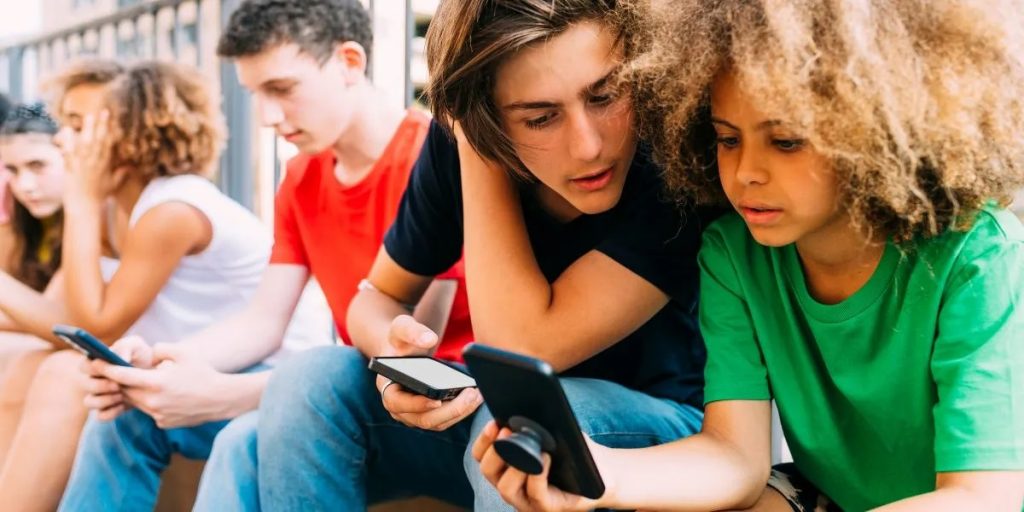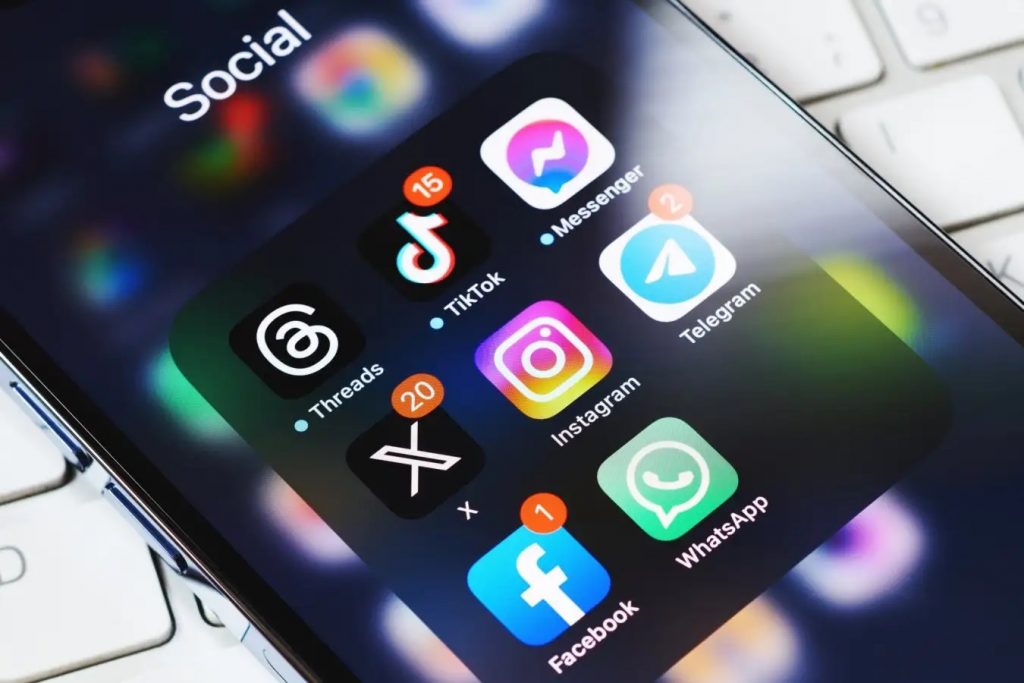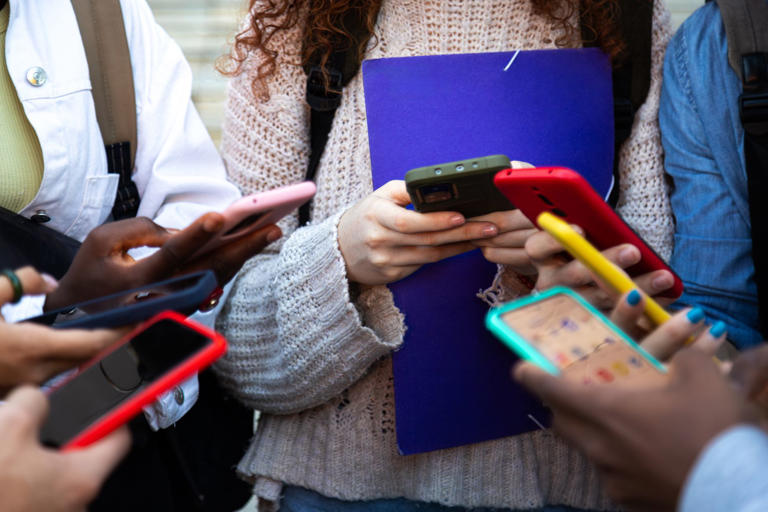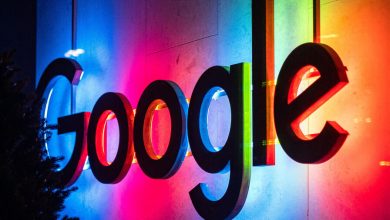Australia introduces world’s strictest social media ban for children under 16

Australia is set to implement the world’s strictest social media regulations, banning children under 16 from using platforms, following Senate approval of the legislation.
The ban, expected to take effect in at least 12 months, will impose fines of up to A$50m (US$32.5m; £25.7m) on tech companies that fail to comply.
Prime Minister Anthony Albanese described the move as necessary to shield young people from the “harms” of social media, a sentiment echoed by many parent groups.
“This is a global problem, and we want young Australians essentially to have a childhood,” Albanese stated while introducing the bill to Parliament. “We want parents to have peace of mind.”
Critics, however, argue that the legislation leaves key questions unanswered, including how the ban will be enforced and its implications for privacy and social connection.
While other countries have introduced measures to limit children’s social media use, Australia’s law sets the highest age restriction to date and provides no exemptions for parental consent or existing users.
The Senate approved the bill by 34 votes to 19 on Thursday. It now returns to the House of Representatives, where the government’s majority ensures its passage. Amendments will be finalized before it becomes law.
The legislation does not specify which platforms will fall under the ban. Instead, Australia’s communications minister, guided by the eSafety Commissioner, will determine this.
Platforms exempt from the rules include gaming and messaging services, as well as websites that do not require user accounts, such as YouTube.
To implement the restrictions, the government plans to test age-verification technologies, potentially involving biometrics or identity checks.
Responsibility for compliance will fall on social media companies. However, digital researchers warn of potential privacy risks and question the reliability of the proposed technologies.
Tools like VPNs, which mask users’ locations, may also allow children to bypass the rules. Importantly, children who circumvent the ban will face no penalties.

Polling indicates the reforms are popular among Australian parents and caregivers.
Amy Friedlander, a parent advocating for the ban, told the BBC, “For too long, parents have had this impossible choice between giving in and getting their child an addictive device or seeing their child isolated and feeling left out.”
Despite support, some experts have criticized the legislation as overly simplistic. They argue it could drive children toward less regulated online spaces.
Google, Snap, and Meta raised concerns over the lack of detail in the bill, with Meta claiming it would not achieve its goal of protecting children.
TikTok criticized the definition of social media platforms as “broad and unclear,” and X (formerly Twitter) questioned the bill’s compatibility with international laws and treaties.
Youth advocates, such as the eSafety Youth Council, voiced frustration at being excluded from the discussion.

“We understand we are vulnerable to the risks and negative impacts of social media… but we need to be involved in developing solutions,” they wrote.
Acknowledging the complexity of the issue, Albanese defended the legislation, saying, “We all know technology moves fast, and some people will try to find ways around these new laws, but that is not a reason to ignore the responsibility that we have.”
Similar measures in other countries have faced challenges. France requires parental consent for children under 15 to access social media, but many bypass the restrictions with VPNs.
In the U.S., a Utah law resembling Australia’s was overturned as unconstitutional.
Australia’s approach is being closely monitored by other nations. Norway has pledged to consider similar rules, and the UK’s technology secretary recently suggested that such measures might be “on the table,” though not immediately.
Source-BBC





